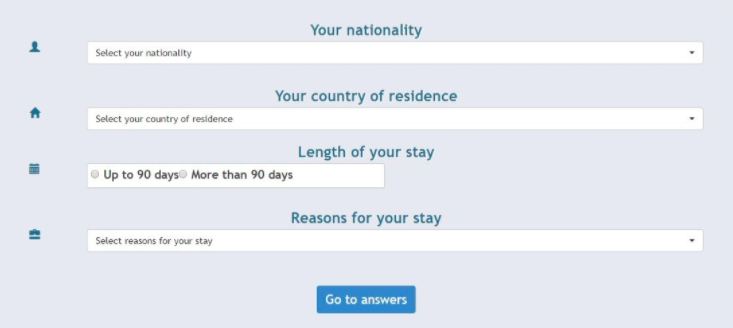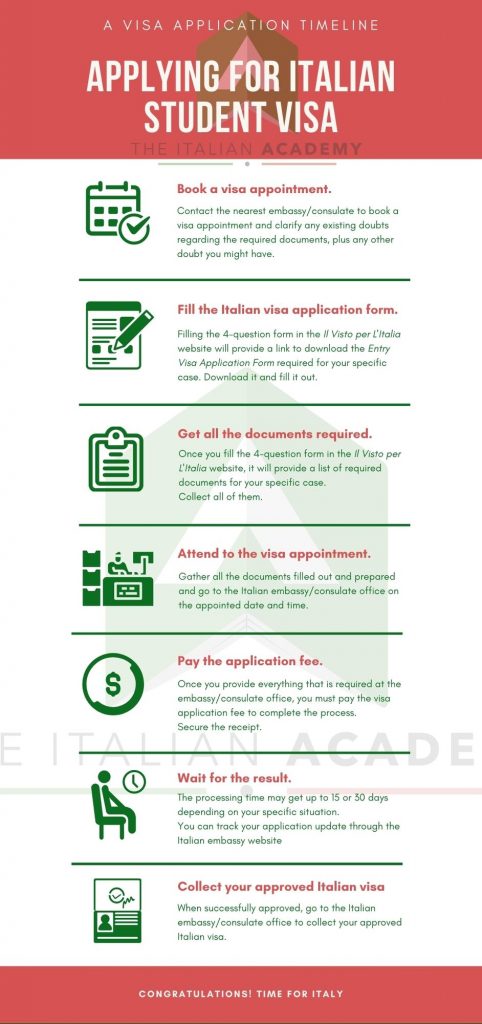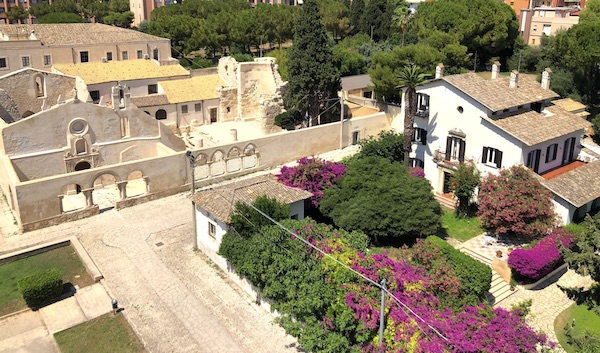STUDY VISA FOR ITALY
INFORMATION FOR STUDENTS WHO WISH TO ATTEND LANGUAGE PROGRAMS AND UNIVERSITY PREPARATION COURSES IN ITALY
The first fundamental step for a foreign student who intends to study in Italy is to understand whether or not a visa is required to enter the country. To find this out, four simple questions must be answered on the website of the Ministry of Foreign Affairs and International Cooperation.

Once all the fields have been completed, the system will automatically provide the answer together with the forms required to obtain a study visa, in case it is needed.
The procedure and the forms to be filled out may vary according to the country of origin of the student, however, these are the required documents usually required:
- Entry visa application form
- Recent passport-size photo
- Valid travel document expiring at least three months longer than the visa required
- Demonstration of the availability of accommodation in Italy: hotel booking, declaration of hospitality
- Demonstration of the availability of livelihoods in relation to the stay in Italy
- Health insurance, if the foreigner is not entitled to health care in Italy by virtue of agreements or conventions in force with his country
- Enrollment or pre-enrollment in the course to be followed in Italy *
* The latter document is of great importance in order to obtain a student visa and will be provided by the school right after the enrollment.
Non-EU students may apply for a Study Visa to learn Italian at The Italian Academy for the following courses:
Frequently Asked Questions: obtaining a study visa for Italian Language schools
- Can I work in Italy on a study visa? Students with a study visa can work in Italy for a maximum of 20 hours per week, given that the job does not overlap with the course timetable and that it is a regular job. Moreover, a residence permit for study purposes can be converted into a residence permit for work reasons under the appropriate circumstances.
- What other documents do I need when I arrive in Italy? Within 8 (eight) working days of entry in Italy and only in the case of a long-term stay (more than 90 days), the student must fulfill the obligations deriving from the rules relating to residence on the territory of the State, making a request of residence permit at the post office and consequent agreed appointment at the police headquarters. Students who stay in Italy for less than 90 days must not submit a residence permit application but declare their presence in Italy according to one of the methods shown on this page:
- How long is my student visa valid? The visa covers the entire duration of the study program the student is enrolled in.
- Are study visas issued for students planning to study Italian in any school in Italy? No, only schools offering officially recognised Italian language programs, such as The Italian Academy, are considered valid options during visa application stages. In fact, Italian consulates around the world are selective in the types of language programs they approve long-term study visas for, so it is essential that the language school or education center is able to provide proof of accreditation with institutional bodies and recognized associations.
- What happens if I don’t get the study visa? The Italian Academy boasts internationally recognized teaching standards, is a CILS and DITALS accredited centre, member of the National Association of Italian Language and Culture Schools “Italian in Italy” (MIUR accredited body) and Cambridge English Assessment center. These accreditations facilitate the student in obtaining a study visa and the school is available for direct communication with the student’s embassy of reference in case of need. For students who want to obtain a study visa, it is highly recommended to provide the embassy, among other documents, with a motivational letter explaining the reasons why the student intends to study in Italy. This document, although not mandatory, can make the difference and facilitate the student in obtaining a study visa. In the rare event that the student does not obtain the study visa, the school will refund the fees paid, retaining only the transaction fees covering the banking expenses.

THE ITALIAN ACADEMY ACCREDITATIONS & RECOGNITIONS:
USEFUL LINKS & RESOURCES
- Ministry of Foreign Affairs and International Cooperation: https://vistoperitalia.esteri.it/home/en
(for complete information on study visas, the procedure to be followed, forms)
- ASILS (Association of Schools of Italian as a Second Language): https://www.asils.it/en/study-visa-and-permit-to-stay/
(for more information on study visas)




















